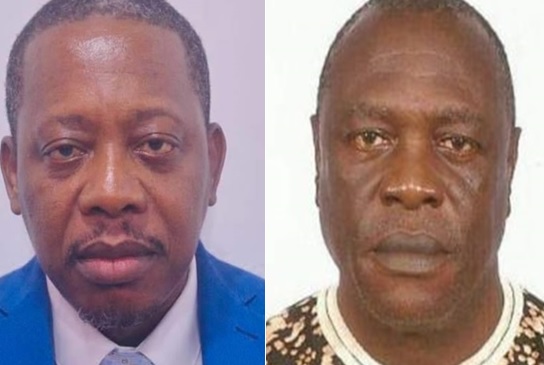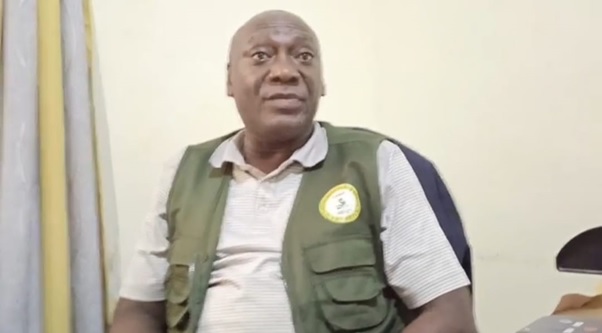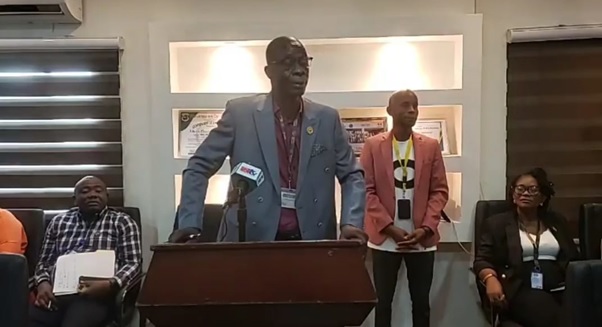Liberia is once again at a critical juncture as tensions heighten between the ruling Unity Party (UP) government and the opposition Coalition for Democratic Change (CDC). Recent statements from former CDC Representative Acarous Gray and political analyst John Stewart highlight the volatile political atmosphere, with accusations and counteraccusations threatening to unravel the country’s fragile peace. At the heart of these exchanges lies a need for calm, accountability, and a commitment to justice without descending into political witch hunts.
Acarous Gray, in a fiery statement, called for nationwide protests to “put the Boakai administration into check,” accusing the government of targeting opposition members with arbitrary arrests and harassment. Gray’s rhetoric paints a dire picture of a divided country, alleging that President Joseph Boakai is fast becoming a despot and likening his administration to a “Gestapo.” Such inflammatory language, while intended to rally the CDC base, risks exacerbating already high political tensions and creating a climate ripe for violence.
On the other hand, John Stewart presents a deeply concerning narrative that suggests Gray’s call for protests may have ulterior motives. Stewart alleges that the CDC’s plans involve a coordinated effort to disrupt the upcoming State of the Nation Address (SONA) and forcefully install Jonathan Fonati Koffa as Speaker of the House. While Stewart’s claims are unverified, the mere suggestion of such a plot highlights the deep mistrust between Liberia’s political factions and the potential for chaos if these tensions are not addressed.
The recent history of protests and unrest adds weight to these concerns. Stewart references previous demonstrations that ended in violence, including attacks on the Capitol and arson targeting government property. Such events emphasise the dangers of political mobilization that lacks clear leadership or accountability. Gray’s call for action, while framed as constitutional, must be tempered by a recognition of the potential consequences of mass unrest in a nation still healing from its turbulent past.
President Boakai’s administration bears responsibility in this unfolding crisis. While accusations of targeted arrests and harassment by the government are troubling, they must be investigated thoroughly and transparently. Justice cannot be seen as a tool of political retribution. If opposition members are accused of wrongdoing, due process must prevail to avoid deepening divisions and fueling perceptions of persecution.
At the same time, the CDC must exercise restraint and responsibility in its opposition. Calls for protests and “preemptive strikes” only serve to inflame tensions and risk plunging the country into further instability. Liberia’s hard-won peace cannot be sacrificed on the altar of political ambitions. The CDC must engage constructively, using legal and constitutional channels to address grievances rather than resorting to rhetoric that incites fear and division.
The international community, religious leaders, and civil society organizations also have a crucial role to play in mediating this growing conflict. Liberia’s partners and stakeholders must encourage dialogue between political actors and stress the importance of maintaining peace and stability. The lessons of Liberia’s past cannot be ignored; the cost of political violence is far too high for the nation to bear again.
For President Boakai, this moment demands statesmanship. His administration must demonstrate a commitment to fairness, transparency, and the rule of law. Pursuing justice for alleged crimes is vital, but it must be done without political bias or the appearance of targeting opponents. A failure to uphold these principles risks undermining the administration’s legitimacy and fueling the very unrest it seeks to prevent.
Liberia stands at a crossroads, with its political leaders facing a choice between division and unity, between justice and vengeance. The path forward requires courage and wisdom from all sides. It is incumbent upon the government to ensure accountability and justice, but equally important is the need to avoid witch hunts that could deepen the country’s fractures.
In these tense times, Liberia’s leaders must rise above personal and partisan interests to prioritize the nation’s peace and stability. Anything less risks undoing decades of progress and plunging the country into the darkness it has worked so hard to leave behind.







